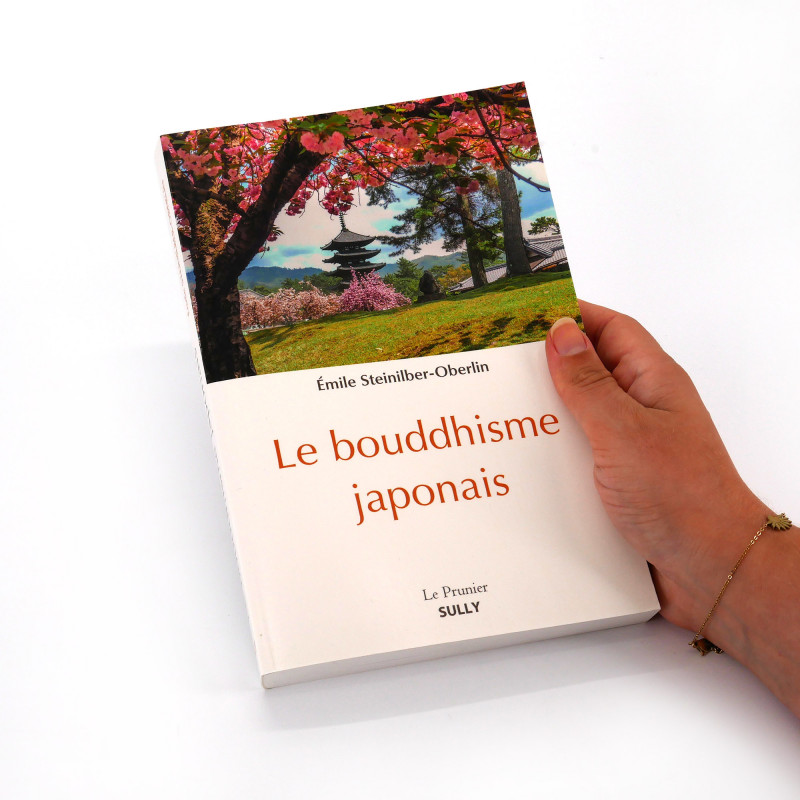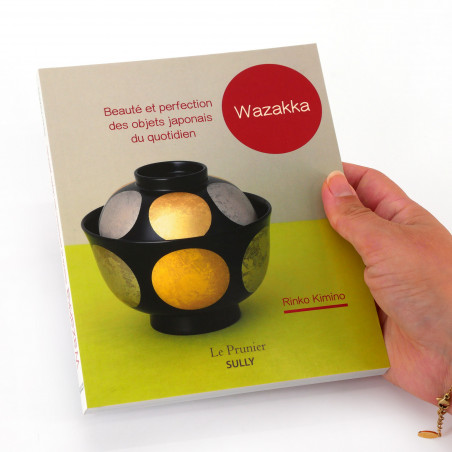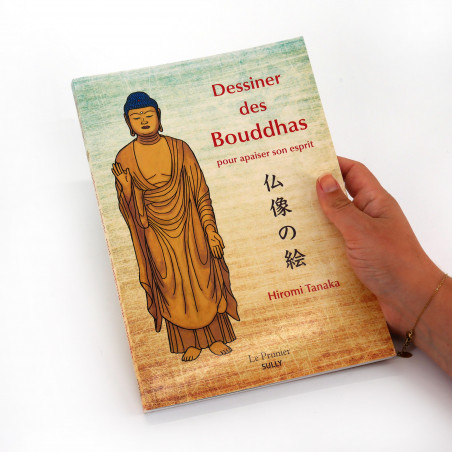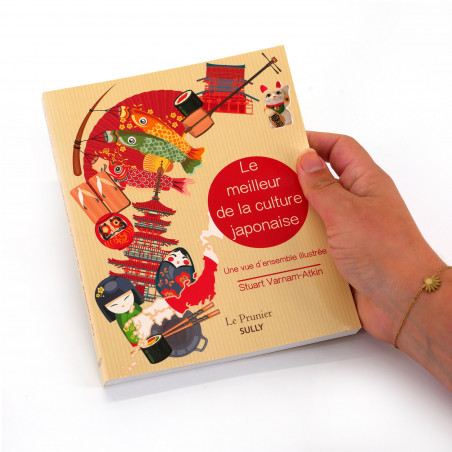
Secure payment
Payment by credit card, check and bank transfer.
Sending around the world
Shipment anywhere in the world and in the European Union without customs duties.
Satisfied or refunded
You have 14 days to return your order without reason.
Book written in French - Japanese Buddhism, Émile Steinilber-Oberlin
Book - Japanese Buddhism, Émile Steinilber-Oberlin
Brand
DELIVERY AND RETURNS
Delivery delay :
1 to 3 working days for France, Belgium and Switzerland.
3-5 working days for other countries in Germany, Italy, Spain, United Kingdom, Netherlands, Denmark and Austria
3-5 business days for other countries via DHL
This item is shipped from our warehouse in France.
You can return or exchange an item within 14 days of receiving your order. For more information, see our Return Policy
Technical Data
| Capacity | Written in French |
|---|---|
| Product origin | Made in France |
| Dimensions | 15x22.5cm |
Read more
Collection: The Prunier
Number of pages: 270
Format: 150 x 225
Release date: November 2018
Language : French
ISBN: 978-2-35432-315-8
Translator from Japanese and Sanskrit, Émile Steinilber-Oberlin was born in 1878. He has published philosophical essays, works on linguistics and translations of Japanese poets, including Sei Shonagon's "Pillow Notes" and Bashô's haikus Matsuo.
By presenting in a particularly clear way the philosophical doctrines of the different schools of Japanese Buddhism, as well as their founder and their main temples, this unique reference work allows everyone to familiarize themselves with one of the most original expressions of the world. teaching of the Buddha and penetrate the spiritual heart of Japan.
The author exposes the principles of each school through conversations with monks, which makes the reading very pleasant, especially as these exchanges are held within the framework of famous monasteries and that the beauty of the environment contributes to the serenity of the story.
In addition, the author's sympathy for Buddhism and the Japanese people, combined with an intuitive understanding of the doctrine, enables him to convey to us the best of Japanese Buddhism in its various expressions.
All of Buddhist philosophy is made for man, is based on man, was made for man and by man. Buddhism is a crystallization of human spiritual endeavor. (H. Ono)
seen recently
also available
TRUSTED SHOP CUSTOMER REVIEWS


.png)






































































































